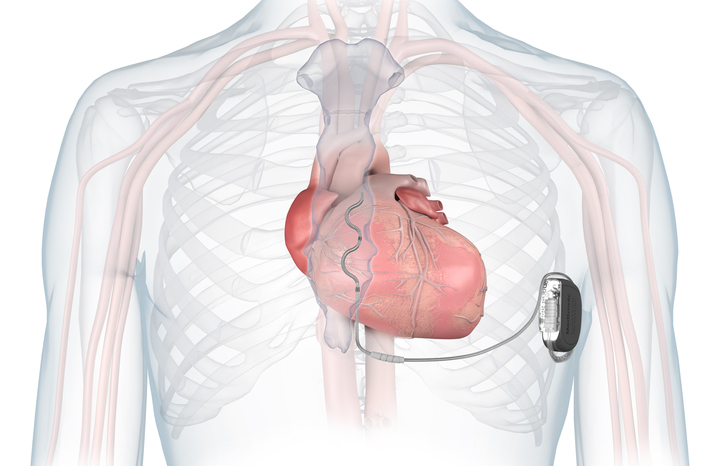Remote monitoring in care homes reduces hospital admissions finds study
- 11 September 2023

A first-of-its-kind independent study linking care home data to NHS records has proven that remote monitoring of care home residents can significantly reduce the number of unplanned hospital admissions, consequently saving costs for the NHS.
The study was funded by Health Data Research UK and carried out by The University of Sheffield, Durham University, University of Lancaster and Newcastle University.
Over the course of three years, the study evaluated outcomes from 8,702 residents across 118 care homes. The first step was to link Health Call’s Digital Care Home data with NHS records to look at residents’ treatment journeys from the care home to the hospital.
Health Call’s Digital Care Home is supported by funding from Durham County Council. It aims to streamline residents’ care through tools allowing staff to remotely monitor and submit observations digitally to NHS clinical teams if there are concerns about their wellbeing. These observations are then delivered to remote clinical staff so they can triage referrals to ensure patients get the most appropriate care first time.
The study determined that Digital Care Home significantly reduced unplanned secondary care usage. It noted that it contributed to an 11% reduction in emergency department attendances; saw a significant 28% decrease in readmissions within 28 days; and facilitated an 11% reduction in the length of stay for emergency admissions.
It also explored the financial impact of remote monitoring. The study revealed a reduction of £57 per resident in 2018, which increased to £113 per resident in 2021.
Principal investigator for the study, Suzanne Mason, from the University of Sheffield, said: “This study was innovative in being able to link data from care homes through the HealthCall technology to hospital attendances and admissions. This has enabled us to gain these new insights demonstrating the benefits for residents and the wider healthcare system of using new digital technologies to support care delivery and reduce avoidable hospital attendances and admissions.”
Ian Dove, managing director at NHS Health Call, added: “Our study highlights the transformative potential of Health Call’s Digital Care Home. By integrating digital technology into care homes, we are witnessing a tangible reduction in unplanned hospital admissions, helping patients to access the right care first time, ultimately improving the quality of care for residents.”
Other regions of the country are also extending remote monitoring programs. Frimley Health and Care Integrated Care Systems (ICS) said in August that it was rolling out proactive remote monitoring to 4,000 patients with high-risk conditions after first implementing monitoring programs with care homes in March 2022.




